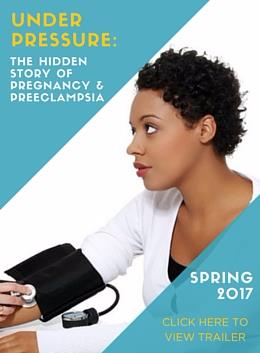You’ve probably heard at least one friend swear that her acne cleared up once she started on the Pill. But then again, many women start taking birth control around the same time that they would naturally start having less acne—so is it fact, fiction, or just a coincidence?
Yup, it’s a fact. “Clearer skin is one of the perks of taking birth control other than preventing pregnancy,” says ob-gyn and maternal-fetal medicine specialist Kecia Gaither, MD, of the Lincoln Medical and Mental Health Center in New York City.
And it goes a step further: The FDA actually approves the use of some birth control brands specifically to treat acne, as well as other hormonal issues, like irregular periods or painful cramps. (Learn from a dermatologist about what causes acne here.)
“Birth control can lower levels of testosterone in your bloodstream,” says Dr. Gaither. Different birth control options have different kinds and amounts of hormones, but the ones that contain both estrogen and progesterone are the most likely to improve acne.
You might be thinking, “Um, but I know someone whose acne got worse when they started birth control.” Yeah, unfortunately, that’s a thing, too. Birth control that contains only progesterone (and not estrogen) may make acne worse. Some options are more potent than others, though. For example, the Mirena IUD uses a small level of progesterone, so it’s unlikely to affect skin health one way or another.
Of course, non-hormonal options, like the copper IUD or condoms, should have no impact on acne. If you’re using a non-hormonal birth control but wish to take control over your acne, try these derm-approved tips for treating acne.
This video features Dr. Kecia Gaither, MD. Kecia Gaither, MD, an ob-gyn and maternal fetal medicine specialist, is director of perinatal services at Lincoln Medical and Mental Health Center, a member of NYC Health + Hospitals System in Bronx, New York.






